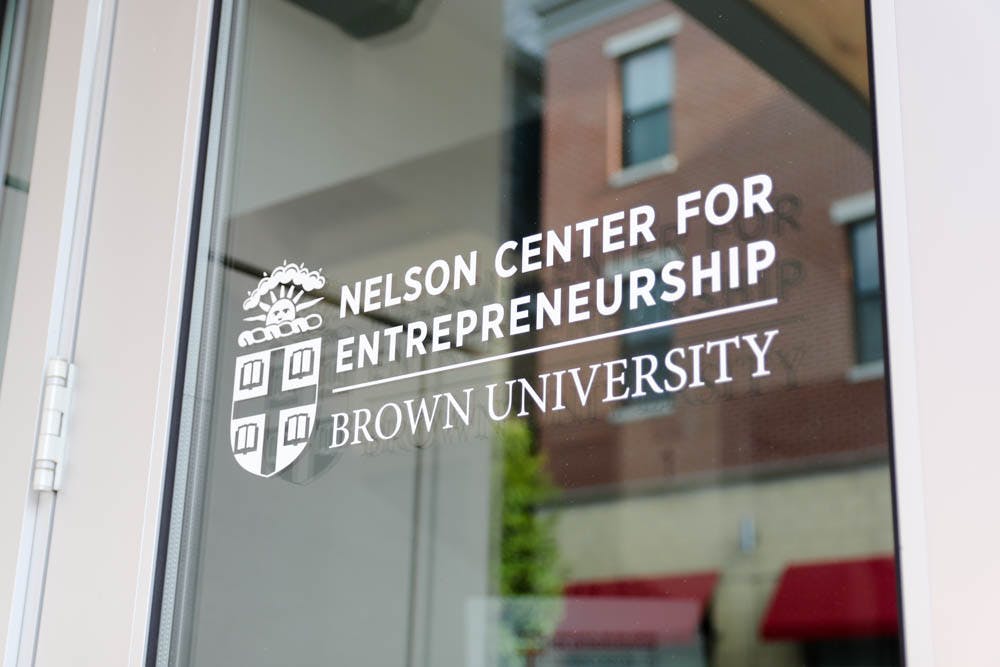The University has begun to phase out the Business, Entrepreneurship and Organizations concentration and replace it with three new curricular pathways: an Organizational Studies Track in the sociology concentration, a Business Economics Track in the economics concentration and a Certificate in Entrepreneurship offered by the Nelson Center for Entrepreneurship.
Prospective students will no longer be able to declare BEO as a concentration during their time at the University, and the Class of 2023 is the last cohort of students that can declare BEO as a concentration. Instead, starting this semester, the new Business Economics and Organizational Studies tracks are available to all students, according to the BEO website. For the upcoming spring semester, students in their fifth or sixth semester may begin pursuing the Certificate in Entrepreneurship.
Reasons for the change
In comparison to the BEO concentration, the new curricular pathways will allow students to study fields related to business in greater depth and receive more tailored advising, said Dean of the College Rashid Zia ’01. The three academic departments proposed their own changes, and the College Curriculum Council approved them in May 2019, according to a University press release.
Because the number of required courses for each track is less than the amount required by the BEO Concentration, students will also have greater flexibility for exploration in their coursework, Zia said.
Additionally, these curricular offerings aim to provide greater academic opportunities and cover more types of student learning outcomes, Zia said. “We would encourage these students … to think about all the possible options that they might not have had a year ago and see which ones may be best aligned with their learning.”
Given the significant overlap in required courses between the BEO concentration’s tracks and the new curricular offerings, Interim Director of BEO Brendan McNally said that all current BEO concentrators could find a place in one of the new pathways if they choose to switch. “There’s nothing taken away. It’s only additive,” he said.
Student response
By moving the tracks to separate departments, the new plan takes away BEO’s multidisciplinary nature and the “benefits of having a dedicated concentration,” said Kate Atschinow ’22, a BEO concentrator.
Lauren Brown ’22, a BEO Departmental Undergraduate Group member on the Organizational Studies track, also said she was disappointed that the change would remove the interdisciplinary aspect of the concentration that “expands your mind” and “stimulates conversations among students in different concentrations and classes.” Brown cited the BEO-required ENGN 0020: “Transforming Society-Technology and Choices for the Future” as an example of a course that brought an entrepreneurial perspective to science. Under the new Organizational Studies Track within the sociology concentration, this class will not be required.
Instead of splitting BEO into tracks in separate departments, the University should decrease the number of BEO required courses, Brown said. For example, a student on the BEO Organizational Studies track could take one economics class instead of two, she said. “Phasing out BEO was a bit of a cop-out and an easy avenue for them to get rid of a program and just allocate it to other departments.”
In response to these student concerns, Zia wrote in an email to The Herald that curricular options have changed and evolved over the University’s history to better prepare students for the changing needs of the world. “Concentrations have come and gone, and they shifted over time — even the BEO concentration itself was quite new,” he wrote. “The enduring impact of any concentration is not its name or specific formulation, but rather the learning outcomes from each student’s educational choices.”
Sociology: Organizational Studies Track
The sociology concentration’s new Organizational Studies Track resembles the BEO concentration’s track of the same name, but it replaces the economics and calculus requirements of BEO with the research methods and social theory courses of the sociology concentration, said Patrick Heller, chair of the sociology department.
Students in this track will also take three electives in organizational studies that will provide them with specific expertise in sociological research on non-profit, workplace, management and government sectors.
“It makes a lot of sense … to give students an opportunity to specialize in the study of organizations,” Heller said, adding that in today’s business world, questions sociologists ask about inclusion, diversity, equity and gender dynamics are increasingly important. “Sociology brings something really unique and powerful to the study of organizations,” he said.
Claire Harrison ’20, a former BEO DUG member, switched to sociology last winter after realizing she enjoyed and excelled in sociology classes rather than the math and economics courses required for BEO. Harrison said that as a BEO concentrator in Organizational Studies, it was difficult not to have “consistent faculty and people to reach out to” because there are no faculty whose primary focus is BEO. Though she switched concentrations before the new sociology track was announced, Harrison said, “if I were to be a sophomore and (could) do it all again, then that would be the track I would be most interested in.”
Economics Concentration: Business Economics Track
The Business Economics Track of the economics concentration requires three fewer courses than the 15 required for BEO.
The track has the same introductory courses as the standard economics concentration but differs in its upper-level courses, said Brian Knight, vice-chair of the Department of Economics. Instead of choosing any five 1000-level economics courses, students in the Business Economics Track will take four required Business Economics courses and two Business Economics electives.
Pointing to the department’s large class sizes in courses in investment and corporate finance, Knight said that the creation of this track stems from “significant student interest in business and finance, both from an academic and a career perspective.”
In recent years, the University has also responded to this growing interest by hiring new researchers and faculty members in economics, The Herald previously reported. The department has also added three new courses on big data, internet marketplaces and venture capital.
Certificate In Entrepreneurship
The Certificate in Entrepreneurship managed by the Nelson Center is the first of two certificates at the University approved by the College Curriculum Council last semester, the other in data fluency. The University announced it would begin offering certificates alongside concentrations last semester.
Students completing this certificate will take two core courses, two electives and one practicum experiential course where they can work on their own entrepreneurial solutions.
The certificate opens up the study of entrepreneurship to students who are interested in the subject but not necessarily in BEO, Zia said.
The center’s courses already attract students from a variety of disciplines across campus, said Danny Warshay ’87 P’20 P’23, executive director of the Nelson Center. “We’ve known for many years that there’s a lot of interest in learning entrepreneurship as a structured process for problem-solving in all pockets of the University,” he said.
Since certificates can be pursued alongside a declared concentration, Warshay said that the Certificate in Entrepreneurship will be interdisciplinary in nature. “You’ll have people from comparative literature, philosophy, biology, computer science, all in the same fifth-course practicum learning from each other — maybe serving on the same teams. That is a very Brown thing: to cross-pollinate across various disciplines.”





